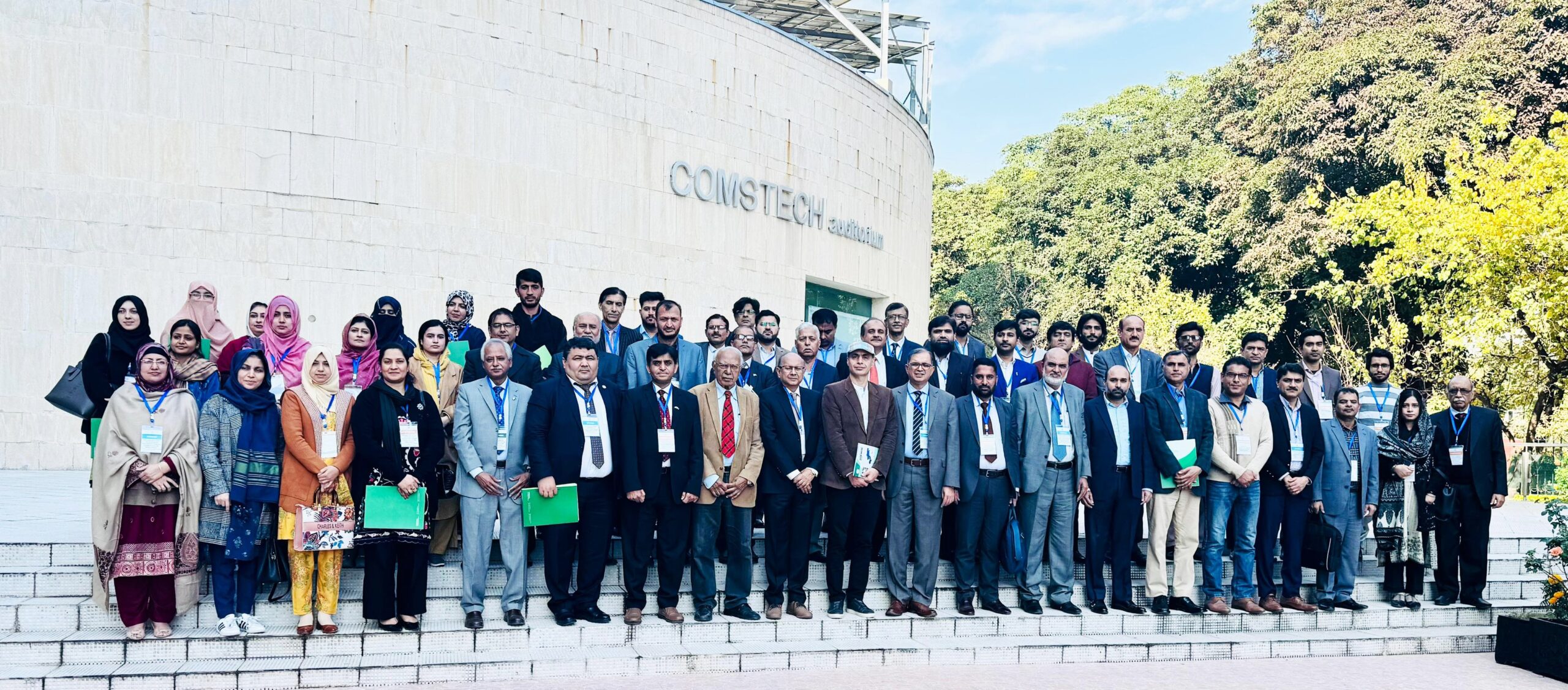ISLAMABAD ( WNAM REPORT): The two-day international workshop on “Climate Change and Sustainable Water Resources Management in OIC ( Organization of Islamic Cooperation) Member Countries” started at the COMSTECH Secretariat, Islamabad on Tuesday which is being organized by COMSTECH in collaboration with the Pakistan Council of Research in Water Resources (PCRWR) and the International Water Management Institute (IWMI).
The event has drawn experts, policymakers, and representatives from OIC member states to deliberate on shared challenges in water resource management amid global climate change.
During the inaugural session, Dr. Daler Domullodzhanov, International Expert FAO ( Food and Agriculture Organization) Regional Office for Europe and Central Asia Tajikistan, emphasized the critical risks posed to water resources by climate change. He urged the need for collaborative strategies, leveraging the OIC platform to strong unified efforts against these challenges.
Dr. Mohsin Hafeez, Director of Water, Food, and Ecosystems, IWMI, provided an overview of the conference’s goals, underscoring the urgency to address threats to water systems through knowledge exchange and innovative solutions. Dr. Majid Labbaf Khaneiki, UNESCO Chair on Aflaj Studies, Oman, highlighted that water management is not just a hydrological concern but also a socio-political challenge, necessitating multidimensional approaches. Dr. Khursheed Hasnain, Advisor COMSTECH and Focal Person of the workshop thanked the speakers, resource persons and participants for their participation in the workshop.
The conference has brought together experts from OIC member countries, including Pakistan, Oman, Tajikistan and others.
The workshop aims to develop actionable recommendations for sustainable water management policies across the OIC member states. These recommendations will be presented at the upcoming OIC meeting of Water Research Centres in 2025.
Key sessions will explore innovative strategies, policy development, and international cooperation for sustainable water management, fostering global and regional collaboration to combat climate-induced challenges.
Through this activity, the experts were addressing the specific technical topics and exploring avenues for collective action to ensure a sustainable future for OIC nations.


